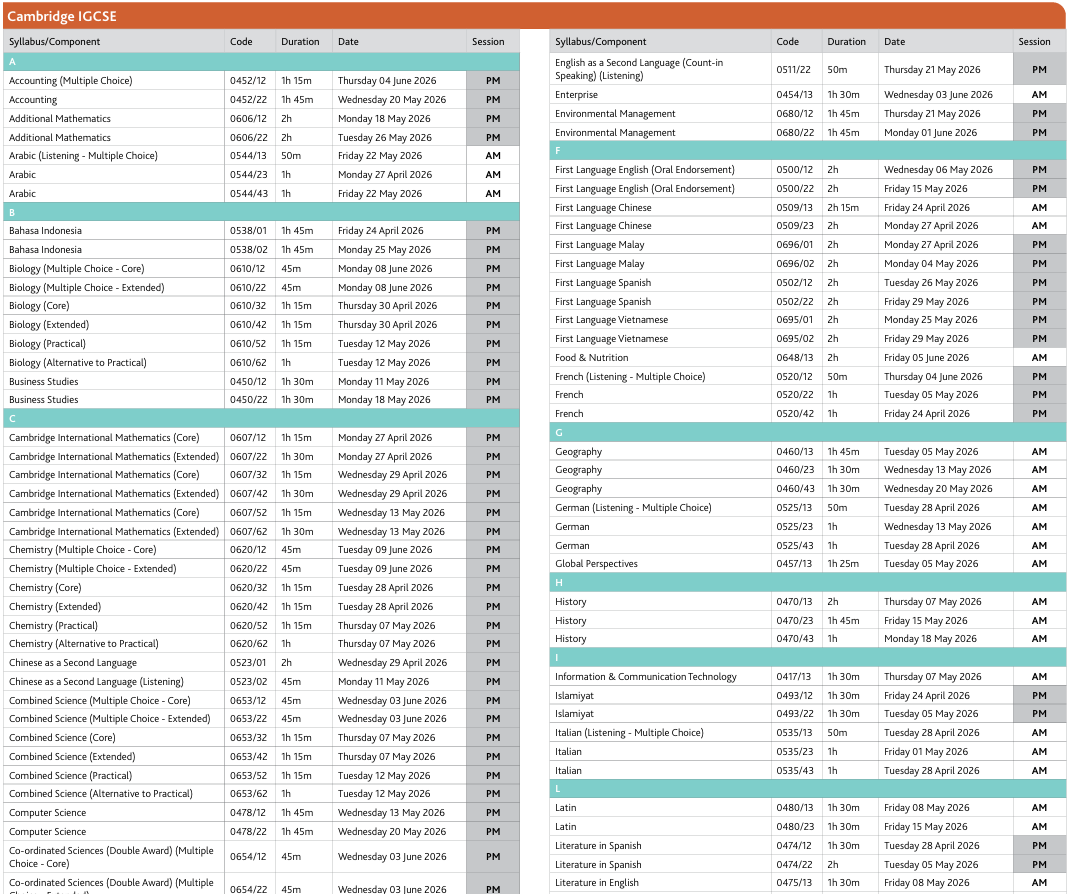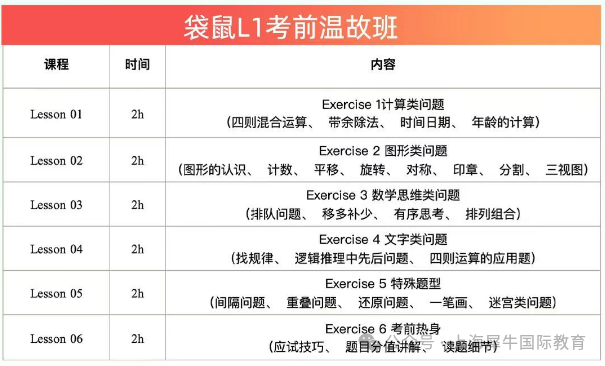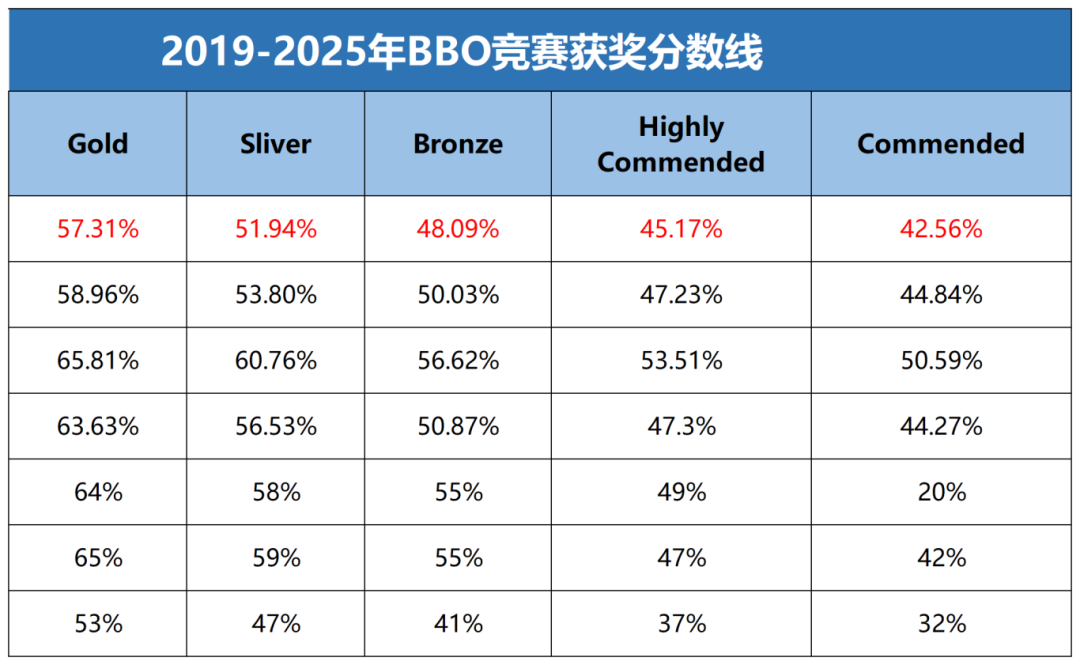各位PF辩手们,十二月赛场硝烟将起,你是否仍在寻找一条高效的备赛路径?
2025-26 秋季赛PF辩题
Resolved: "China should embrace a four-day work week."
中国应推行四天工作制。
Book Recommendations推荐书籍

The 4 Day Week: How the flexible work revolution can increase productivity, profitability and well-being, and help create a sustainable future
ByAndrew Barnes, Stephanie Jones (With)
In The 4 Day Week, entrepreneur and business innovator Andrew Barnes makes the case for the four-day week as the answer to many of the ills of the 21st-century global economy.
Barnes conducted an experiment in his own business, the New Zealand trust company Perpetual Guardian. The outcomes were stunning. People were happier and healthier, more engaged in their personal lives, and more focused and productive in the office.
The world of work has seen a dramatic shift in recent times: the former security and benefits associated with permanent employment are being displaced by the less stable gig economy. Barnes explains the dangers of a focus on flexibility at the expense of hard-won worker protections, and argues that with the four-day week, we can have the best of all worlds: optimal productivity, work-life balance, worker benefits and, at long last, a solution to pervasive economic inequities such as the gender pay gap and lack of diversity in business and governance.
The 4 Day Week is a practical, how-to guide for business leaders and employees alike that is applicable to nearly every industry. Using qualitative and quantitative data, the book presents a step-by-step approach to preparing businesses for productivity-focused flexibility, from the necessary cultural conditions to the often complex legislative considerations.
The 4-hour Workweek
ByTimothyFerriss
The 4-Hour Workweek advocates for a radical shift in how individuals perceive work, productivity, and lifestyle. The author, Tim Ferriss, shares personal experiences, challenging conventional paradigms of success tied to long hours and traditional careers. Instead, the book promotes concepts like mini-retirements, automation of tasks, and living a life of freedom and fulfillment without being chained to the status quo.
Through a combined usage of Parkinson's Law and the Pareto Principle, we are offered a new perspective on viewing the differences of “efficiency” and “effectiveness”, which could be the core principles that may make a four-day workweek economically viable.
ArticleRecommendations推荐文章
01 “Moving four-ward? BC researchers assess global four-day week pilot program—and say it could work”byBoston College
Two sociology professors participated in evaluating a global four-day workweek pilot program (4 Day Week Global). The program was conducted in over 100 companies across multiple countries, implementing a four-day workweek without reducing pay. The study showed that shortening work hours without cutting salaries not only increased company productivity but also significantly improved employees’ physical and mental well-being, with most participating companies opting to continue the practice.
02 “Is it Time for Four? An Analysis of the Four-Day Workweek”byGettysburg College
The article reviews the history and global practices of the four-day workweek and highlights, based on multiple studies, that its impact on work–life balance, employee satisfaction, and productivity varies widely across organizations. The outcomes largely depend on factors such as industry characteristics, employee demographics, implementation methods, and company culture. Overall, more flexible approaches that give employees a degree of choice tend to enhance satisfaction and help avoid negative effects like overtime and fatigue. The article emphasizes that while the four-day workweek has great potential, it is not a “one-size-fits-all” solution—the key lies in how companies design and support the system.
03 “Is a four-day workweek the answer to work-life balance and productivity?”byMIT Sloan Executive Education
The article discusses the impact of the four-day work week on work–life balance and productivity. Using Microsoft Japan’s trial as an example, employee productivity increased by 40% after the four-day schedule was introduced, while salaries remained unchanged and electricity and paper usage decreased.
The key lies in optimizing how work is done: shortening meetings, improving communication efficiency, and focusing on core tasks. Experts point out that productivity shouldn’t be measured by working hours, but by actual output and the value employees create.
Although the model may not suit every industry, the four-day work week pushes companies to pay more attention to employee burnout, flexible scheduling, and more efficient work practices — ultimately creating a win–win outcome.
04 “BYU Study Reveals Results of City's Four-Day Work Week”byMarriott School of Business,Brigham Young University
Research shows that in some cities in Utah, adopting a four-day workweek with ten-hour days per week reduces conflicts between work and home, increases job satisfaction and productivity, and makes public services more flexible. However, each city needs to adjust policies according to local circumstances to balance employee well-being with community needs.
05 “Work/Family Balance and the Four-Day Work Week”byUniversity of Connecticut School of Law
This article explores the relationship between a four-day workweek and work/family balance. Research finds that a compressed work schedule can reduce work/family conflicts for some employees, but those facing the most severe conflicts may benefit the least. The article suggests that legal regulation, particularly through “reflexive law,” could provide institutional support for four-day workweek designs, helping those who most need to balance work and family life.
06 “When Less is More: Legal Implications of the Four-Day Work Week”byCenter for the Study of Mergers & Acquisitions / Entrepreneurship Law Blog,Penn State Law
The article analyzes the legal and practical issues of the four-day workweek. It identifies two main models: the first is the “compressed hours model** (100% pay for 80% of hours)”, and the second is the “same total hours condensed into four days”. The article also highlights potential impacts of the four-day workweek, such as challenges for families with children or single parents, difficulties for employees with health issues, and employee contract concerns. Overall, while a four-day workweek can enhance employee well-being and productivity, companies must carefully assess legal liabilities, discrimination risks, and practical feasibility before implementation.
07 “Ask an Expert: Should We Move To a Four-Day, 32-Hour Work Week?”byWisconsin School of Business,University of Wisconsin–Madison
In the UK, a pilot study on the “four-day, 32-hour workweek” showed that most participating companies plan to continue the arrangement after the trial. However, scholars have raised several concerns about the study:
1. The reliability of the study is questionable.
2. The reduction in working hours was insufficient.
3. Employees may face health risks, and some positions (e.g., mail carriers) are not suitable.
4. Three days off may not fully offset the stress of four workdays, and the complexity of home environments must also be considered.
5. Under current circumstances, a five-day, 40-hour workweek still works well for most people and is not a form of “mandatory suffering.”
Further Reading更多参考文章
- “Shorter Workweek: Pros and Cons for Employee Productivity”by Maryville University
- “Why a Four-Day Workweek?”by Shawnee State University
- “Is a Four-Day Work Week Right for Your Business?”by Poole College of Management, North Carolina State University
- “The Case for a 4-Day Workweek”by Kellogg School of Management, Northwestern University
- “Is the Four-Day Work Week the Future?”by Wharton Executive Education, University of Pennsylvania
- “Is the Four-Day Work Week the Future?”by Wharton Executive Education, University of Pennsylvania
- “You Decide: Will We Soon Have a Four-Day Workweek?”by College of Agriculture and Life Sciences, North Carolina State University
- “The four-day workweek: Pipe dream or possibility?”by University of Phoenix
- “Is the Four-Day Workweek the Next Frontier? Questrom’s Constance Hadley Weighs the Pros and Cons”by Boston University
- “How to implement a 4-day workweek for the whole organization”by MIT Sloan School of Management
- “Compressed Work Weeks”by Mobility Initiative, Texas A&M University
- “Shortened Work Weeks: What Studies Show”by Walden University
- “How a 4-Day Workweek Story Went Viral: What a Small New Zealand Company Tells Us About Our Work Lives”by Robert H. Smith School of Business, University of Maryland
- “A Four-Day Workweek Reduces Stress without Hurting Productivity”by Jan Dönges & Sophie Bushwick
- “The results are in: the UK's four-day week pilot”by Autonomy Team, et al.
- “This is the research supporting the economics of a four day work week”by Miriam Marra (Lecturer in Finance, University of Reading)
如果你已做好准备
期待在赛场上看见你的思考!
北京公开赛&十二月第一场线上赛
报名截止倒计时4天!



















